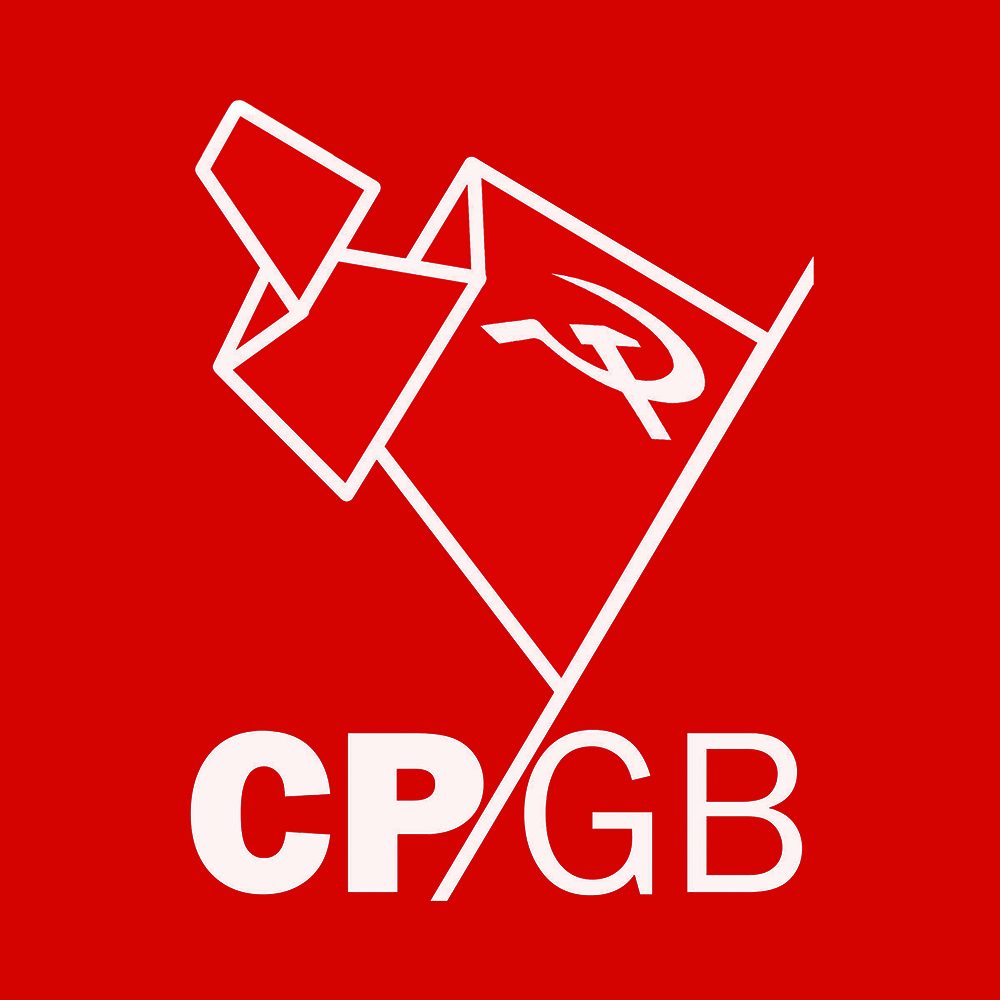Agreed at a joint aggregate of CPGB and LPM members on November 21 2021. A report of the discussion of the theses was published in Weekly Worker 1373, available on the WW archive here
Old version of Section 3.13. (Women)
Women are oppressed because of the system of exploitation and the division of labour. Women’s oppression has existed since the dawn of class society. Ending exploitation will mark the beginning of women’s emancipation. Therefore the struggle for both is interconnected.
Women’s emancipation is not a question for women alone. Just as the abolition of class exploitation is of concern to female workers, so the emancipation of women is of concern to male workers. The struggle for socialism and the emancipation of women cannot be separated.
Women carry the main burden of feeding babies, house management, supermarket buying, family cooking, child ferrying, etc, which is performed gratis. Given the ever increasing pressure on time, such work is often frantic, demoralising and allows no kind of rounded, cultural development.
Advanced capitalism has created the material prerequisites for the liberation of women. However, women cannot be fully emancipated until the disappearance of the division of labour and without going beyond bourgeois right, which entails: to each according to work done.
In Britain women have won or been granted formal equality with men. But the capitalist system makes a mockery of that. At work, at home, in trade unions, in official politics, in culture, in organised religion, women are still faced with inequality, discrimination or oppression.
There has been a rapid increase in women’s participation in the economy. As a norm therefore women are exploited by capital as cheap wage workers and domestic slaves. Hence they suffer a double burden.
Women have their own problems and demands. These demands, however, do not conflict with the demands of the working class: rather they reinforce them.
Communists say:
- Turn formal equality into genuine equality. Socially, economically, politically and culturally there must be substantial equality.
- Open free, 24-hour crèches and kindergartens to facilitate full participation in social life outside the home. Open high-quality canteens with cheap prices. Establish laundry and house-cleaning services undertaken by local authorities and the state. This to be the first step in the socialisation of housework.
- Fully paid maternity leave of 12 months, which the mother can choose to take from up to three months before giving birth. The partner to be provided with six months’ fully paid paternity leave – three months of which should be compulsory – to encourage equality and bonding with the child.
- Free abortion and contraception on demand.
- Provision for either parent to be allowed paid leave to look after sick children.
- Maximum six-hour working day for all nursing mothers.
- Full support for women fleeing violence within the home.
Revised version of Section 3.13. (Women)
Women are oppressed because of the system of exploitation and the division of labour. Women’s oppression has existed since the dawn of class society. Ending exploitation will mark the beginning of women’s emancipation. Therefore the struggle for both is interconnected.
Women’s emancipation is not a question for women alone. Just as the abolition of class exploitation is of concern to female workers, so the emancipation of women is of concern to male workers. The struggle for socialism and the emancipation of women cannot be separated.
Women carry the main burden of feeding babies, house management, supermarket buying, family cooking, child ferrying, etc, which is performed gratis. Such work is often frantic, demoralising and allows no kind of rounded, cultural development.
Advanced capitalism has created the material prerequisites for the liberation of women. However, women cannot be fully emancipated until the disappearance of the division of labour and without going beyond bourgeois right, which entails: ‘To each according to work done’.
In Britain women have won or been granted formal equality with men. But the capitalist system often makes a mockery of that. At work, at home, in trade unions, in official politics, in culture, in organised religion, women still find themselves disadvantaged, facing bias and inequality.
There has been a rapid increase in women’s participation in the economy. As a norm therefore women are exploited by capital as cheap wage workers and domestic slaves. Hence they suffer a double burden.
Women, therefore, have their own problems and demands. These demands do not conflict with the demands of the working class: rather they reinforce them.
Communists say:
- Turn formal equality into genuine equality. Socially, economically, politically and culturally there must be substantial equality.
- Open free, 24-hour crèches and kindergartens to facilitate full participation in social life outside the home. Open high-quality canteens with cheap prices. Establish laundry and house-cleaning services undertaken by local authorities and the state. This to be the first step in the socialisation of housework. We would encourage a balance of male and female workers to be employed in these facilities.
- Fully paid maternity leave of 12 months, which the mother can choose to take from up to three months before giving birth. The partner to be provided with six months’ fully paid paternity leave – three months of which should be compulsory – to encourage equality and bonding with the child.
- Free abortion and contraception on demand.
- Provision for either parent, or main carer, to be allowed paid leave to look after sick children.
- A maximum six-hour working day for all nursing mothers.
- Full support for women fleeing violence within the home.
Note: Section 3.13. and the other immediate demands are available here
